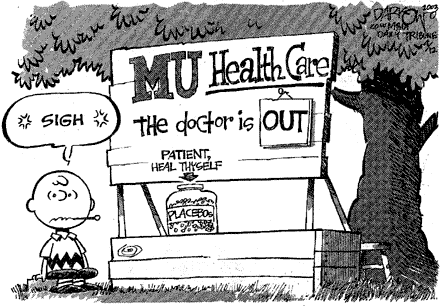 However, it does mean that we should prepare for our clients' possible responses to our absence, using both preparatory empathy (imagining by ourselves how the client may think, feel, and act), and in-session processing of clients' reactions. (And, of course, be sure we have emergency coverage available for clients during our absence).
However, it does mean that we should prepare for our clients' possible responses to our absence, using both preparatory empathy (imagining by ourselves how the client may think, feel, and act), and in-session processing of clients' reactions. (And, of course, be sure we have emergency coverage available for clients during our absence).For some clients, a vacation may cause minimal disruption or anxiety. These clients tend to have a secure attachment style, and are therefore able to maintain a sense of connection even in the therapist's absence. With these clients, there may be some loss of momentum due to the therapist's vacation (a longer time between sessions means less clear recollection of the conversation, and longer breaks may get clients out of the "habit" of self-reflection), but no loss of trust.
However, many clients have insecure attachment styles. These clients experience more uncertainty and anxiety about relationships, and may therefore have a stronger reaction to the therapist's absence. Clients with dismissive attachments may minimize the significance of the disruption...but may simultaneously demonstrate the disruption by becoming distant, picking a fight, and/or missing sessions. The intervention may be naming the dismissiveness, validating the insecurity the client is feeling about the relationship, and reaffirming the continuity of the relationship in spite of the break.
Clients with preoccupied attachment styles are more likely to become anxious about whether the relationship will withstand an interruption like a vacation. They may appear or express anxiety directly, or may seem less certain of the therapist's availability or interest before or after the break. They may seem needier, with more urgent needs, questions and requests, more frequent calls, and more need for reassurance or encouragement - all subconscious ways to test the strength and continuity of the relationship. The intervention is to name the anxiety, provide reasonable (but not excessive) reassurance, and demonstrate continuity by having established appointments before and after the break, a consistent level of availability and empathy.
Clients with unresolved attachment styles may demonstrate a mix of the above responses, and are the most likely to regress before and after an interruption in treatment (though others may also show some regression). The best response may be to name and validate the mixed response (anger, anxiety, dismissiveness, etc), provide concrete reassurance about the stability of the relationship, and be available, reliable and consistent before and after the break.
How do you handle clients' responses to vacations? Are there responses or difficulties your clients have that I haven't included? What seems to minimize the disruption for clients?
No comments:
Post a Comment